Thinking about moving to Canada with a job offer? Some Canadian immigration programs are employer-driven, which means you need a valid job offer to qualify for permanent residence (PR). Here’s an easy guide to help you understand what to check before you sign that offer letter.
What Are Employer-Driven Immigration Pathways
These are programs where a job offer is required before you can apply for PR. Many Provincial Nominee Programs (PNPs) have special streams for people who already have a job offer in that province. The federal government also runs similar programs such as the Atlantic Immigration Program (AIP), the Rural Community Immigration Pilot (RCIP), and the Francophone Community Immigration Pilot (FCIP).
Check the Requirements for You, the Job, and the Employer
Before saying yes to any job, make sure all three parts—you, the job itself, and the employer—fit the program’s rules.
- Your eligibility: Most programs check things like your education, English or French language skills, work experience, and proof that you can support yourself when you first arrive.
- Job requirements: The job usually must be full-time, permanent, and paid by salary or wages. Some programs need the role to be in a specific field or a position critical to the employer’s business.
- Employer eligibility: In many provinces, most employers can hire you as long as they meet basic rules such as being an established business and not being on a government blacklist. Other programs, like the AIP or RCIP, need employers to be officially approved or “designated” by the government.
If you’re unsure about whether the job or employer qualifies, it’s smart to talk to a licensed immigration consultant or lawyer before you proceed.
Read Your Employment Contract Carefully
After you’re selected, a Canadian employer will give you a written employment contract. This outlines key details like your working hours, job duties, salary, vacation time, and what happens if the job ends. Canadian labour laws protect you, but you should still read every line and ask questions if something is unclear. Make sure the contract clearly shows that your position meets the immigration program’s requirements. If needed, get independent legal advice before you sign.
Stay Alert to Job Offer Scams
Unfortunately, fake job offers targeting immigrants are common. Watch for these warning signs and steps you can take:
| Warning sign | Danger | Step(s) to take |
|---|---|---|
| The recruiter or employer requests payment from you. | This is a fraud to steal your money. No legitimate Canadian employer will request payment from you for any purpose.* | Do not send any payment information, and cut contact. |
| The rate of pay is extremely high compared to similar roles. | Anything “too good to be true” is likely a scam. If the role’s compensation is not in line with market rates, you’re likely dealing with a fake job. | Research the average or median wages for your role in the province you are looking to work in, so you have a rough idea of what to expect. |
| The interview process is extremely easy/ lax | Most employers will carefully assess candidates prior to extending an offer. | Always look up the company/other employees within the company, get their experience on getting a job offer. |
| Lack of online presence | Could be a fake company, or a bad actor impersonating a real company | Always look up the company online. If the company has an online presence, but you still suspect fraud, it could be a fake company impersonating a real company. Contact the company through official contact information to verify terms of the job offer. |
| Unprofessional communication (poor grammar, generic greetings, vague job details) | Real employers usually communicate clearly and professionally, so this could be a warning sign of a fake employer | Check the sender’s email domain (legit companies use corporate domains, not Gmail/Hotmail). When in doubt, call the company directly to confirm. |
| Employer claims that you are guaranteed to get PR if you take the job | This is a lie. No employer can guarantee you PR. Even if the job is eligible for a PR pathway, your success is not guaranteed, and will be determined entirely by the decision(s) of the government’s immigration officers. | Clarify whether the employer is actually saying that they guarantee PR, or if they are simply telling you that the job offer qualifies for a PR pathway. If they truly promise a guarantee, walk away. |
| Requests for personal/financial information early in the process | Scammers asking for information such as your identity documents, social insurance number (SIN), and/or banking information early in the process could be looking at identity theft. | Don’t provide sensitive personal information until after a legitimate offer is signed and you’ve confirmed the employer’s authenticity. |
*Some employers may ask you to buy a uniform. This is rare, and usually the cost is small and taken from your first paycheck.

Do I need a lawyer to check my job offer?
Not always, but it can be very helpful. Immigration rules can be tricky, and a lawyer or licensed consultant can confirm that your job offer meets program requirements.
Can any Canadian job offer help me get PR?
No. Only certain job offers qualify, and the program you apply to will have specific conditions for the job, the employer, and your own background.
What if I accept a job but later find out it doesn’t qualify?
You can still work in Canada if you have the correct work permit, but you may not be able to apply for PR through that job. Always check eligibility before accepting.
Will I get PR automatically after working in Canada?
No. Even with a valid job offer, PR approval depends on government immigration officers and meeting all program requirements.
By understanding the rules, reading your contract carefully, and watching for scams, you can safely use a job offer as a stepping stone to Canadian permanent residence.

📞 Call us: 04 260 7837
📲 WhatsApp: wa.me/971529693030
🌐 Website: www.askkubeir.ae
📍 Office No. 45, 9th Floor, Conrad Tower, WTC, Dubai





